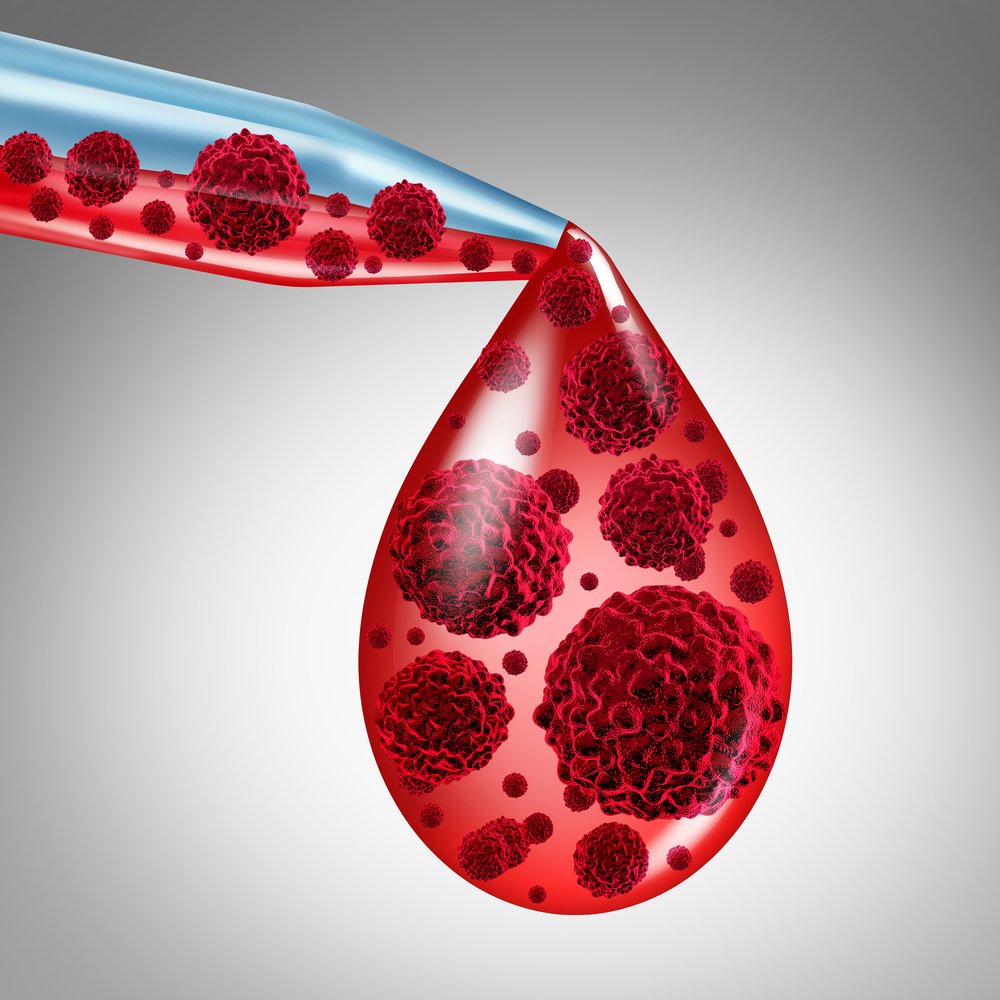PNK-007 Treatment After Stem Cell Transplant Leads to Good Response Rates in Multiple Myeloma Patients, Early Trial Data Show

A single infusion of Celularity‘s PNK-007 — an investigational cell therapy derived from placental stem cells — is safe and leads to good response rates when administered to multiple myeloma patients a few days after autologous stem cell transplant (ASCT), preliminary results from a Phase 1 trial show.
Researchers presented the findings at the recent 2019 American Society of Hematology (ASH) Annual Meeting, in Orlando, Florida, in a poster titled “Results of a Phase I Study of Pnk-007, Allogeneic, Off the Shelf NK Cell, Post Autologous Transplant in Multiple Myeloma (NCT02955550).”
Celularity is a clinical-stage company that uses placental hematopoietic stem cells — stem cells that give rise to all types of blood cells — to develop off-the-shelf treatments for different types of cancer.
PNK-007 is a cell therapy where these placenta-derived blood stem cells are differentiated into natural killer (NK) cells. NK cells are unique immune cells with the ability to naturally recognize and attack cancer cells, and can also activate and direct other immune cells into fighting cancer.
Preclinical studies have shown that PNK-007 cells induce cancer cell death, while producing proteins that recruit other immune cells into the tumor vicinity. The treatment has been shown to act against different cancer cell types, and is currently being tested as a treatment for multiple myeloma and acute myeloid leukemia.
“We believe the placenta is nature’s cell factory, and the data presented at ASH [illustrates] the potential of our investigational placental […] cell therapy programs in oncology,” Robert J. Hariri, MD, PhD, founder, chairman, and CEO at Celularity, said in a press release.
“We look forward to advancing Celularity’s leading-edge technologies that harness the placenta’s unique immunologic and pro-regenerative biology to produce therapeutic solutions targeting unmet healthcare needs globally.”
The Phase 1 trial (NCT02955550) is testing the effects of a single administration of PNK-007 cells in patients with multiple myeloma within one to two weeks of ASCT, as a means to boost responses to the transplant.
The results presented at the meeting were from 15 participants, from 44 to 69 years old. Three participants had previously received other treatments, and 12 were newly-diagnosed.
Three months after ASCT, 10 of the newly-diagnosed patients had achieved very good partial response or better, including five complete responses. One patient had attained a partial response, and one had stable disease. One year after ASCT, one patient was removed from the study after failing to respond to the transplant. Of the remaining 11, nine continued to show at least a very good partial response, including four complete responses, and two were not examined.
Four of the newly-diagnosed patients were negative for minimal residual disease (MRD, the small number of cancer cells that remain after treatment, and could cause relapse in the future) before ASCT, but nine had reached MRD-negativity by three months after treatment. At one year, six maintained that status, four were not evaluated, and one failed to achieve MRD-negativity.
The three patients with relapsed or refractory disease had all been exposed to an immunomodulatory agent and a proteasome inhibitor, and two had also received prior ASCT.
Before ASCT, two of these patients had achieved partial response to induction therapy (and the third was not evaluated). After three months, the patients with partial response went on to achieve very good partial responses, and the third patient had a partial response. One patient was assessed at one year, and had maintained a very good partial response. This patient was also MRD-negative at the one-year visit.
PNK-007 was well-tolerated overall, with no reports of treatment-related serious adverse events or dose-limiting toxicity.
None of the participants rejected the injected cells or developed graft versus host disease, a complication of stem cell-based therapies where the transplanted immune cells recognize the recipient’s body as foreign and attack its cells and tissues.
PNK-007 treatment did not interfere with the immune system recovery after ASCT, and the platelet, neutrophil, and white blood cell count of most participants recovered within 28 days after the transplant.
No patients developed antibodies that recognized and attacked the injected NK cells.
The researchers stated that “PNK-007 is the first fully allogeneic, off the shelf CD34+ derived NK cell product in [multiple myeloma] clinical trials. A single infusion of PNK-007 up to 30 [million] cells/kg … was well tolerated in the post-ASCT setting.”






